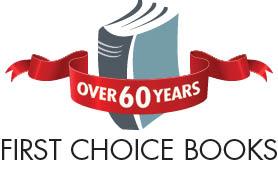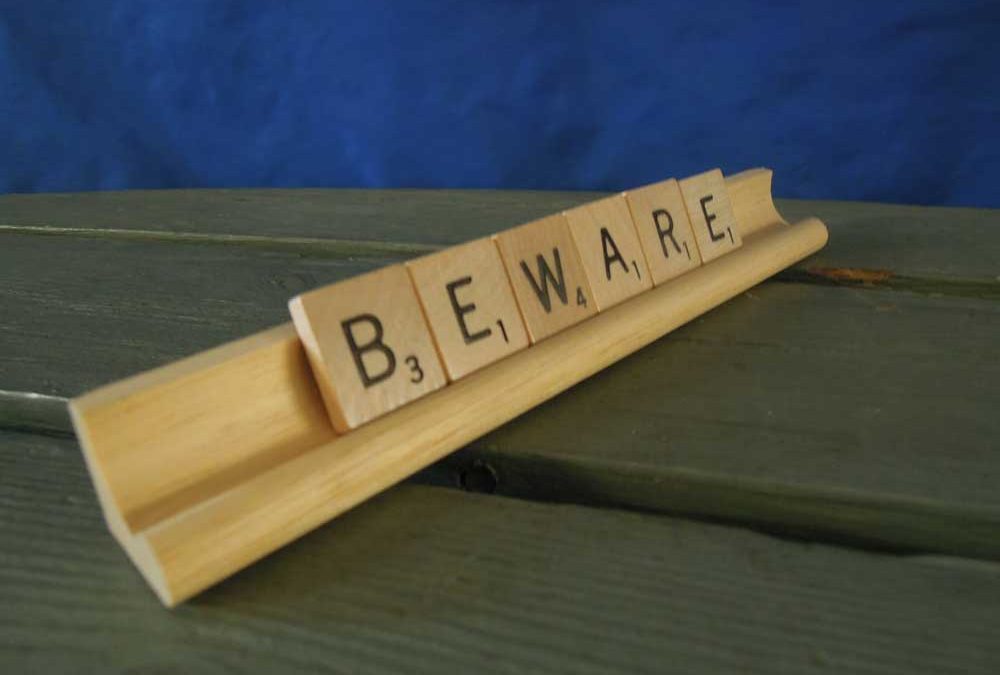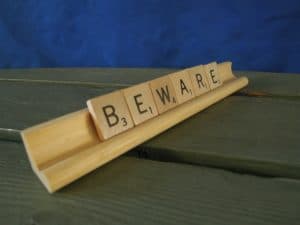Many aspiring authors wonder whether self publishing will work for them
Publishing pitfalls beware! Authors are unsure how self publishing differs from traditional publishing. A key difference is ownership. Traditional publishing is usually through a large or well-known publishing house that controls and owns your copyrights. This means that the publisher can make changes, edits, or choose the direction and design of your cover art without any input from you. This also means if your book is a literary success, the publisher will benefit from most of the profit. Self publishing is pretty self explanatory — you, the author, retain all rights and therefore also retain full control of your work. A common misconception is that self-publishers pay all fees whereas those authors lucky enough to be accepted by a publishing house do not. The truth is, traditional publishing houses hide their fees and costs by maintaining control and paying the author royalties instead of the full profit from the books (and there is no guarantee that an author will make any money at all).
Timelines
Timelines are another way in which self publishing differs from traditional publishing. With a traditional publisher, it can take up to 2 years (or longer) before your book hits the bookshelves and you benefit from any royalties. Many agents can be just as “picky” as the publishers, and it may take time to find an agent. Once an agent has submitted your work to a publisher, it may take a few months before you hear back. With self publishing, you can have a book printed and ready to go in just a few weeks and recover your costs quickly. If you’ve written a time-sensitive book, self publishing is ideal because it has a quick turnaround. It’s totally up to you how early you want to see the returns on your investment of hard work.
Different Genres
While we live in a free society where we can (in general) print our ideas, thoughts and feelings without fear of censure, it does not necessarily follow that other people — particularly those in positions of power at publishing houses — will PRINT all of those ideas, thoughts and feelings! If a topic is thought to be too controversial or unacceptable by the publishing industry, your work may face heavy edits or not be accepted at all. First Choice Books prints books in a very wide variety of topics, and because YOU are ultimately the “publisher”, the content of your work is completely within your control.
Many children’s book authors find self publishing to be a way in which they can share their story while keeping creative direction. In most cases, as a children’s author you may not get to choose your illustrator; the publishing house does this. Those who are interested in “alternative” science or have new and unique theories will find that publishing their own work is a great way to get their story heard without fear of editors making too many content changes. And for those of you who write poetry, self publishing is especially ideal!
Profit margins
Profit margins between self and traditional publishing can be miles apart. If you’re one of the very (very) few who sees literary success through traditional publishing — congratulations! But if you’re like most authors, you might not see enough profit to buy a pizza after the publishing house, agent, distributors, etc., take their slice of the pie. In self publishing, although you do have to pay up front, you also get to keep ALL of your profit. On a book retailing for $20, you might see $1 profit from a traditional publisher; it’s not uncommon to see a $15 profit on that very same book if you self publish. And because you keep all rights to your work, you can still submit your book to a traditional house. “Up front” royalty cheques can be misleading; if your book does not sell, you may have to use that “up front” royalty cheque to reimburse your agent, pay for book returns and so forth. It may prove difficult to find a publishing house to accept your book if you are without an agent.
Returns
If your book does not move quickly enough or is not a “big seller,” you may have to pay for book returns, insurance on those returned books, and shipping to get them back! Moreover, most publishing houses destroy unsold books rather than send them back to the author. While First Choice Books can assist you in contacting distributors and marketing, we leave the “book selling” to you, the expert. You don’t have to worry about hidden fees and returns. Publishing pitfalls beware!
Interaction
Many bookstores are now accepting self published books and it is always helpful if they offer book signings. It can also be a rewarding and enjoyable experience interacting with customers at book fairs, flea markets and your local library. With self publishing, particularly with First Choice Books, there is always someone available working on your book with whom you can speak.
Knowledge
Many of our first time authors learn a lot about the publishing process when they self publish. They get new ideas on page layout, design, printing and binding and thus gain more confidence for their second book. They share their ideas with family and friends. With traditional publishing, the book is taken out of your hands and you may only learn a little about the publishing process.





